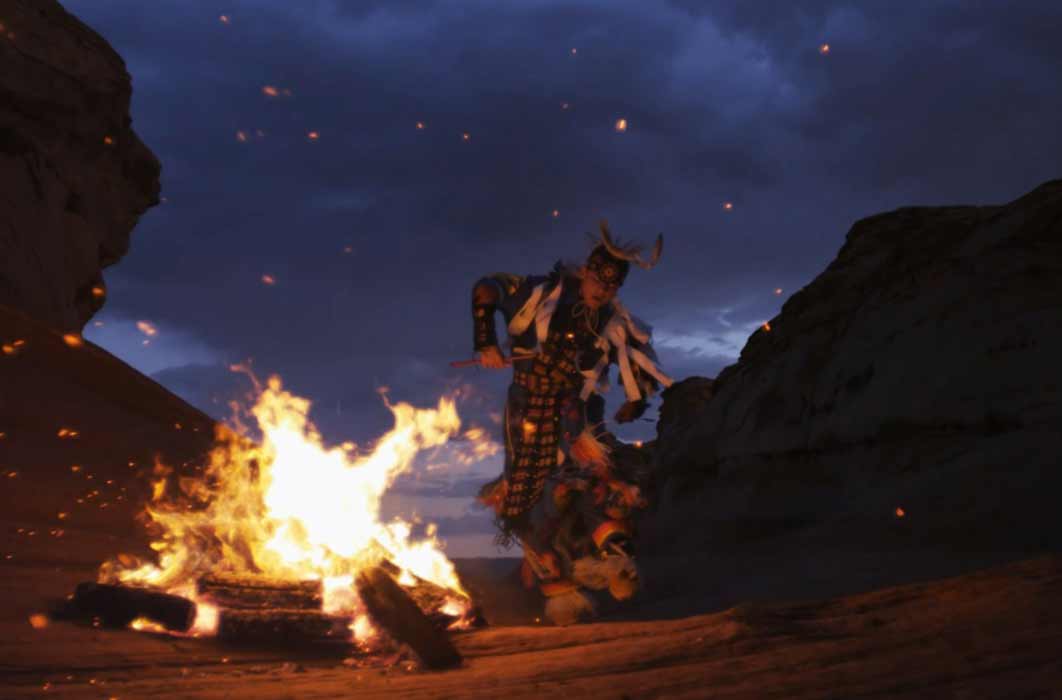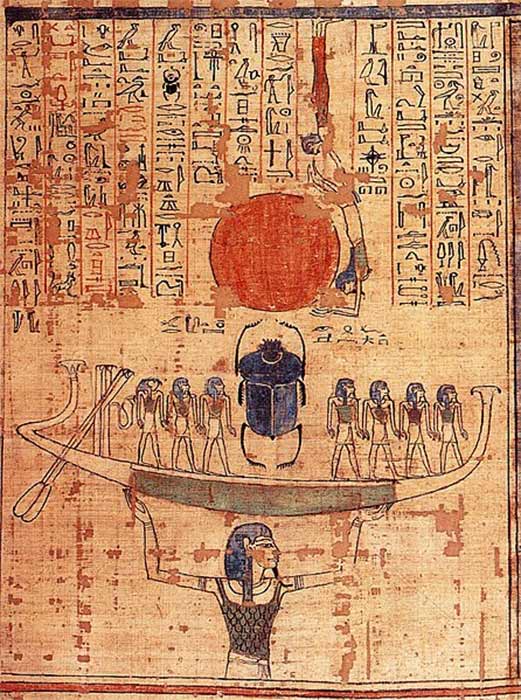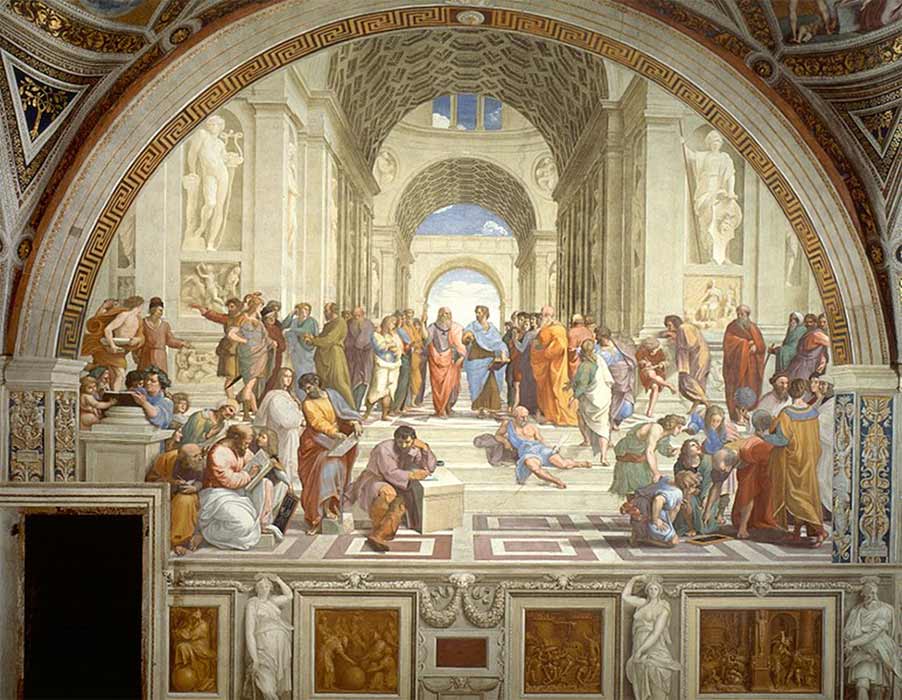
Mindscapes And Altered Realities Of The Ancient World
From Australia to Alaska, and from South America to Europe, ancient cultures responded to their environments and developed particular belief systems to interpret reality. Although all of them inhabited the same globe and looked up at the same sky, there are technical differences in how ancient people interpreted their world, its place in the universe, and their place within it.

Ecuador Shaman entering an alternative reality ( Ammit/ Adobe Stock)
Reality can encapsulate endless interpretations, but stripping away all the flowery expletives, the word describes the state of things as they actually exist, or are, rather than an idealistic concept of how and why things should work the way they do. Over time reality has been described as levels of interaction and each perceived level involves a range of different things, with differing physical and non-physical properties. Naturally, for thousands of years, people regarded the soil as a conceptual base-line level of reality, with people at the next intermediate level, and the sky at the highest level. Western philosophers created abstract concepts about levels of reality and according to a 2010-article by John Perry, Levels of Reality, modern philosophers “depress the mysterious, leaving God and the angels aside from perceptions of reality”. However, ancient humans interacted with alternative phenomena via a range of spiritual tools and artifacts.

Nut, the embodiment of the primordial waters, lifts the barque of the sun god Ra into the sky at the moment of creation in ancient Egyptian religion. (Public Domain)
From Animism To Greek Philosophy
One can only imagine what life was like thousands of years ago, when people experienced thoughts, inclinations and drives, but were possibly limited by a lack of modern scientific reason. Throughout the ancient world even the most advanced early intellectuals were inevitably bound and limited by views of reality inherited from culture and mythology, from family and tribe. Ancient records indicate that for thousands of years people believed the world consisted not only of material objects and living creatures, but also all sorts of non-tangible spirits, gods or energies. In primitive hunting societies, perceptions of reality would have greatly leaned towards the traits of the hunted animals, and their environments. This is ‘animism’, the belief that objects, places and creatures all possess a distinct spiritual essence and are animated and alive. Although each culture has its own different mythologies and rituals, animism is an anthropological construct that attempts to describe some indigenous peoples’ so called spiritual or supernatural perspectives of reality.

The School of Athens (1509–1511) by Raphael, depicting famous classical Greek philosophers in an idealized setting inspired by ancient Greek architecture. (Public Domain)
At the height of ancient Greek civilization, Plato, Aristotle and other philosophers developed abstract concepts of reality that have endured as historic and celebrated achievements of the human mind. Plato believed that the key to ‘ultimate reality and truth’ was the eternal ‘Forms or Ideas’ which mortals can only see as shadows cast by the light of truth. Aristotle believed in the ‘Doctrine of the Causes’ as the keys to understanding motion, motivation, and why things are as they are. However, the ancient Greeks lacked scientific methodology, and after the fall of Greece and Rome, during the Dark Ages, the teachings of Plato and Aristotle were preserved by Arabian scholars who later reintroduced their writings to the West during the Crusades with updated conclusions on the nature of reality.




